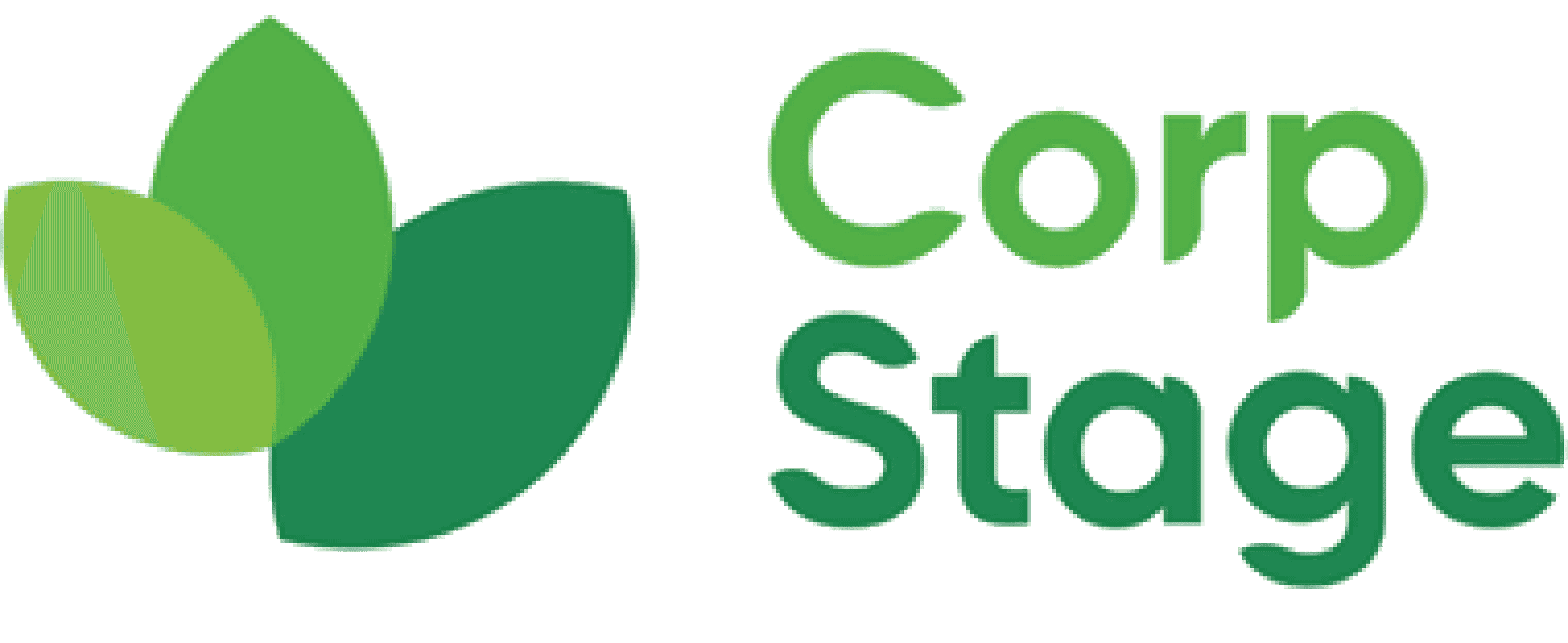
Korbit
Korbit is a South Korean cryptocurrency firm base in Seoul and launched in 2013. It was the first exchange to launch a Bitcoin-Korean Won (BTC/KRW) market. It’s primary features include facilitating buying, selling, and secure storage of a broad spectrum of digital assets, encompassing major cryptocurrencies including Bitcoin and Ethereum, alongside numerous altcoins, primarily through KRW pairings.
Beyond these core trading functions, Korbit users can engage in crypto-to-crypto trading, utilize the platform’s dedicated digital asset wallet, and participate in staking services to earn rewards on their holdings. Korbit also operates a non-fungible token (NFT) marketplace and provides tools such as automated trading, recurring investment options, and bundled asset purchases.
Korbit employs employs robust security measures including multi-factor authentication and substantial cold wallet storage. The exchange is committed to full compliance with South Korea's stringent financial regulations, encompassing comprehensive anti-money laundering (AML) and know-your-customer (KYC) procedures and collaboration with domestic financial institutions such as Shinhan Bank for verified real-name accounts.
Project Information
Related Projects

AID:Tech is a payments infrastructure firm that utilizes blockchain and digital identity technologies to improve the distribution of aid, social welfare, and other financial entitlements. Its core mission is to deliver these resources with enhanced transparency, efficiency, and accountability, ensuring they effectively reach their intended beneficiaries.
The company develops solutions focused on creating secure digital identities for recipients, which are then linked to the disbursement and tracking of aid or services. A key aspect of its technological approach is the integration of the Hedera network. AID:Tech leverages the Hedera Consensus Service (HCS) to create immutable and transparent audit trails for all transactions and the delivery of benefits.
AID:Tech’s goal is to minimize fraud and improve the overall integrity of distribution programs. Its platforms are aimed at governments, non-governmental organizations (NGOs), and international development agencies, providing them with tools to digitize processes, empower recipients, and gather reliable data on the impact of their initiatives.

CorpStage is a Singapore-based sustainability consulting company founded in 2021. Its mission is to empower businesses to navigate the complexities of environmental, social, and governance (ESG) compliance by providing a combination of advisory services and a proprietary technology platform.
The company's services are centered around its CorpStage 360 Platform, an AI-powered, SaaS-based solution for ESG management and reporting. This platform offers end-to-end solutions, including automated reporting that aligns with global standards like CSRD and CDP, compliance monitoring, carbon footprint assessments, and AI-driven risk analysis. In addition to its technology, CorpStage provides expert consulting services, ESG audits, and professional training through its CorpStage Academy.
The CorpStage 360 platform is built on Hedera's distributed ledger technology, which is used to enhance the verifiability and credibility of ESG data. It leverages Hedera Guardian, an open-source toolset for digital measurement, reporting, and verification (dMRV), to create a transparent and auditable trail for sustainability metrics.

Tradegames is a play-to-earn (P2E) trading simulation game built on the Hedera network, designed to offer a competitive and risk-free environment for users to test their trading skills. The platform allows players to build fantasy portfolios using real-world stock market data and compete against others to see who can achieve the highest portfolio growth over a set period.
To participate in the competitions, users are required to own a "Vault" NFT. These non-fungible tokens (NFTs), minted on Hedera, serve as a player's entry ticket into the game's reward-based tournaments. Winners of these competitions are rewarded with $TG, the platform's native utility token. The $TG token can then be used within the ecosystem to enter exclusive games or for other platform-related activities, creating a self-sustaining game economy.
Developed with support from LimeChain, the platform leverages the Hedera network for its core functions. Both the Vault NFTs and the $TG utility token are Hedera-based. By simulating crypto and stock trading without requiring players to risk actual capital, Tradegames provides an accessible and educational entry point into the world of financial trading, all within a Web3 gaming framework.

Circle's USD Coin (USDC), integrated with the Hedera network, offers a regulated, fiat-backed stablecoin pegged to the US dollar. This collaboration allows USDC to be minted natively on Hedera, leveraging the network's fast settlements (around 3-5 seconds), low transaction fees (typically $0.0001 to $0.001, paid in HBAR), and high scalability.
USDC on Hedera provides a trusted, stable, and reliable bridge for decentralized finance (DeFi) applications and end-users on the Circle and Hedera networks. Circle's increasingly popular suite of developer APIs offers full support for USDC on Hedera, facilitating its use in various applications including both payments and micropayments.
With USDC, enterprises and financial institutions have access to cross-platform liquidity and secure cross-border transactions. It’s currently used to facilitate payments and micropayments within applications such as Calaxy, Dropp, and Scintilla as well as to in support of numerous DeFi, NFT projects, and network bridge applications building on Hedera including SaucerSwap and Hashport.
